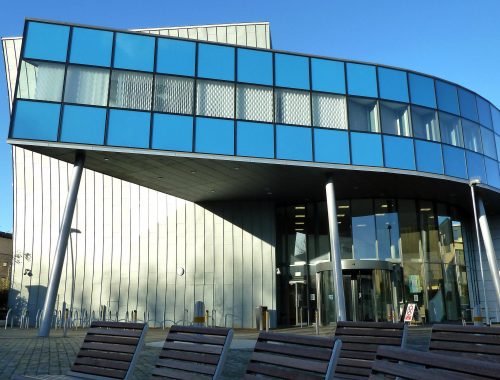Everyone Must Start Somewhere…
Everyone starts somewhere. This concept, integral to every ‘inspirational’ anecdote about rising through the ranks from the ground is often an opener, a cliché the storyteller uses as a hook. Well, I am nothing if not self-aware, and you, dear reader seem to be the fish upon that same hook I have just criticised. However, what I intend to do is dwell longer on this concept. Dissect what it is really like at the beginning, and unfortunately, deny you of the satisfactory tale of glory because frankly, I am nowhere near that yet.
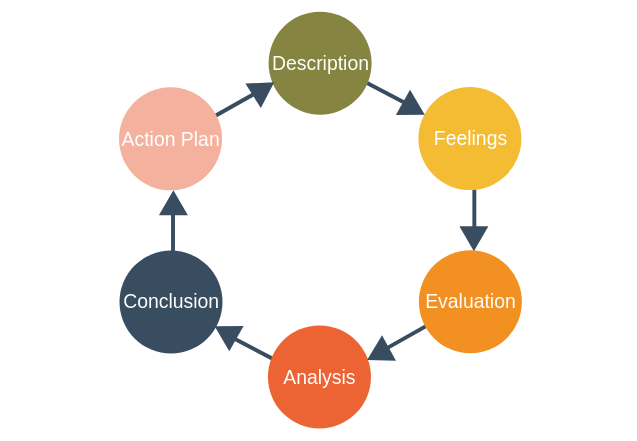
To structure the reflection on my initial experiences of the AEL3001: Work-based Learning module, I have chosen Gibbs’ Reflective Cycle as a framework, shown above. As defined by Boyd and Fales, reflective learning is “…the process of internally examining and exploring an issue of concern, triggered by an experience, which creates and clarifies meaning in terms of self, and which results in a changed conceptual perspective. Beginning with description, I will recount what exactly happened. Then, I will discuss my thoughts and feelings, and evaluate these emotions by categorising them as positive or negative. . Only once the analysis stage is reached, will I begin to place judgement on the events which occurred. Then I will conclude with what was lacking in my own personal practice, and how I will utilise that going forward.
I am undertaking two placements for this module. The first is with Big Telly Theatre Company and the second is with the SARC Radio Team. I will be focusing on the former for this blog post.
With Big Telly, I applied with my CV and was accepted without interview. What interested me about Big Telly and this placement was their unique, ‘pop-up’ approach to theatre, reclaiming disused retail units to be used as their theatre space. Alongside this, the show I was working on, ‘Department Story’ had both a physical and an online audience, necessitating the use of video equipment and live-streaming software. I was given the opportunity to meet with the company director and discuss my interests and what I expected to gain from the placement. I discussed with her that I was interested in direction, production management and cinematography and explained what had attracted me to that particular opportunity. I arrived in the theatre space and was introduced to the team, then I was placed with the two other placement students in the costume and props department. I worked here for the entirety of the pre-production phase of the show. I built a relationship with the costume designer and the set designer, and they liked the work I did. This led to their personally requesting I return for the next production. Then, once the run of the show had commenced, I was given the role of fire marshal, stagehand and ‘personal shopper’, which was conducive to the interactive nature of the production. This role meant I was to direct audience members; to help cast and generally ensure the unhindered course of the show and on the opening night I was to film clips of audience reactions for the company’s social media.
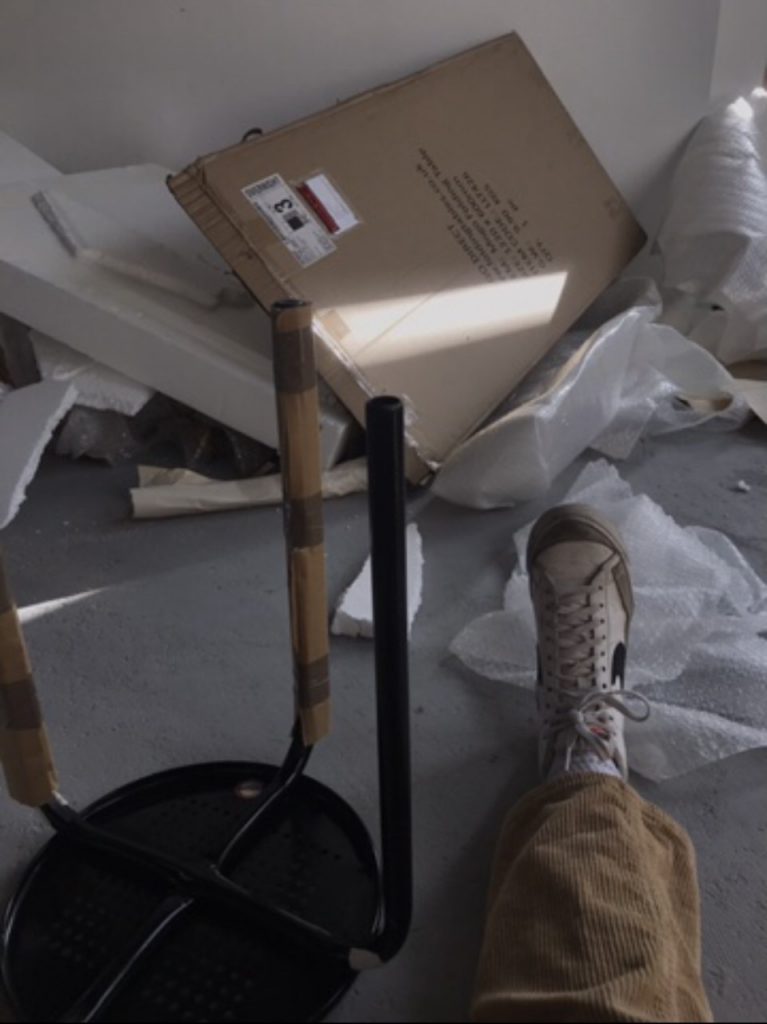
Initially I felt disappointment in not being able to pursue the areas of production I had expressed an interest in. I wondered what the point in meeting with the company director had been, and if my discussion with her had been relayed to the other members of the team. I did not feel like the placement was meeting my expectations and I was quite dissatisfied. However, I was pleased that the work I was doing had been noticed and appreciated and valued the working relationships I had built within the art department.
It was a positive experience for me in terms of finding new strengths of mine, and having my creativity celebrated by professionals in the field, in fact I would say this was the defining moment of the experience for me. I got to experience working in the theatre industry, one which I had not necessarily considered to be of interest to me before which I can only view as enriching. However, the inexperience of the team working for Big Telly in using the video and streaming software and equipment meant they were wholly focused on figuring it out for themselves. This left me without the experience I desired and made the opportunity feel quite hollow in comparison to my expectations. I was of course not expecting to be allowed to direct the production myself, but being completely removed from even observing or shadowing the devising process was definitely a negative for me.
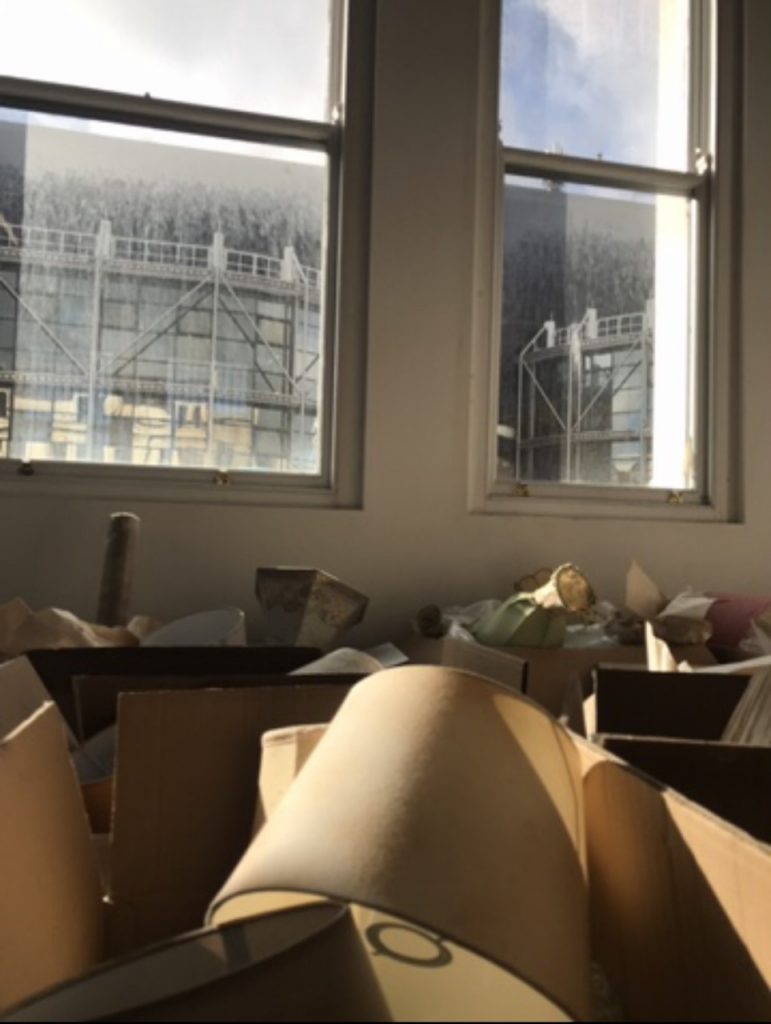
To conclude, I understand that there was a lack of experience coming from the professionals on the team which resulted in my dissatisfaction. I realise this was somewhat out of their control. I can sympathise that they have many things to consider, and some are more important that others. As discussed by Cartwright, “At the top of organizations, leaders can find themselves isolated from information channels while at the same time they are challenged with complex problems.” From my own point of view, I should have voiced my concerns more. I should have asked if the conversation with the director had been relayed to the others, and I should have asked the team the same question asked of me: What are you expecting from this placement? I think my own naivety in this regard contributed to my dissatisfaction. As theorised by Brockbank and McGill, “the development of reflective skills assists with the process of knowing how to learn, and the acceptance of the individual’s centrality to their own learning.”
I will take this forward in my professional practice in the future by asking more questions, although I did not have an opportunity for interview on this occasion, I did have an opportunity to discuss with the director. I will attempt to be more assertive in what I expect from working environments in the future and I will try to maintain the open-mindedness to other opportunities besides that which I am focused on that this opportunity taught me.
Works Cited:
Boyd, Evelyn M., and Ann W. Fales. “Reflective Learning: Key to Learning from Experience.” Journal of Humanistic Psychology, vol. 23, no. 2, Apr. 1983, pp. 99–117.
Brockbank, A. and McGill, I. (1998), Facilitating Reflective Learning in Higher Education, Society for Research in Higher Education and Open University Press, Buckingham
Cartwright, Talula, and Talula Cartwright. Developing Your Intuition: A Guide to Reflective Practice : A Guide to Reflective Practice, Center for Creative Leadership, 2007. ProQuest Ebook Central, https://ebookcentral-proquest-com.queens.ezp1.qub.ac.uk/lib/qub/detail.action?docID=3007551.
EPM. “Gibbs’ Reflective Cycle”. Expert Program Management. https://expertprogrammanagement.com/2019/05/gibbs-reflective-cycle/
The 11th Hour
Plunged into placement
You May Also Like
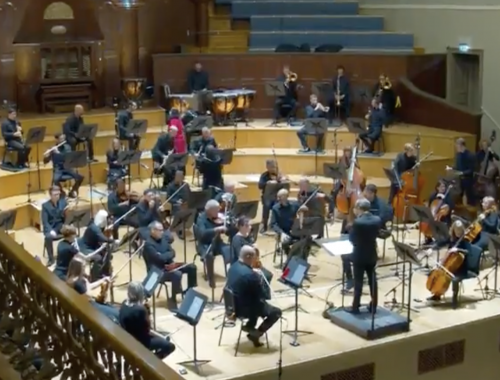
In at the Deep End: Recording an Orchestra
26 November 2021
Feast vs Famine
26 November 2021